The egg industry’s commitment to the UN Sustainable Development Goals
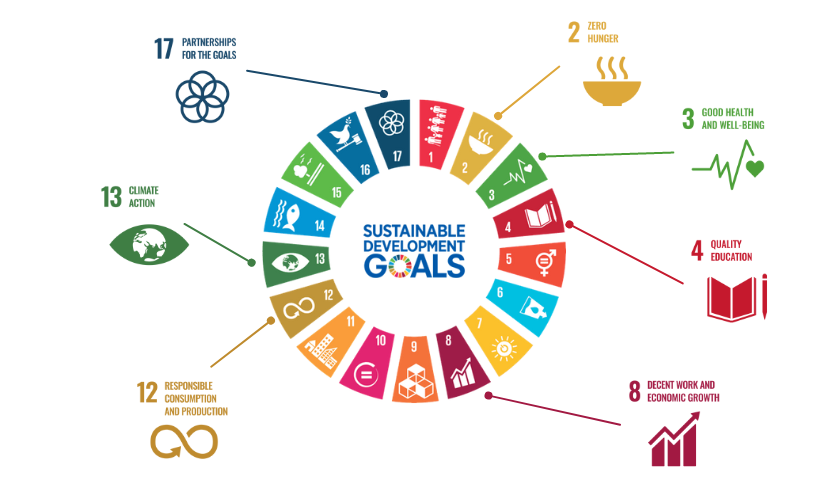
In 2015, 193 world leaders committed to the United Nations 17 Sustainable Development Goals (SDGs). These goals represent a shared vision to eradicate poverty and social inequality, and tackle climate change by 2030.
The WEO has committed to advocate ongoing improvement in sustainability within the egg industry and work in partnership with the UN to fulfil its SDGs.
Of the 17 SDGs, the global egg industry has identified 7 primary objectives where it is already making a significant impact through a range of dedicated sustainability initiatives.
Key areas where the egg industry supports the SDGs:
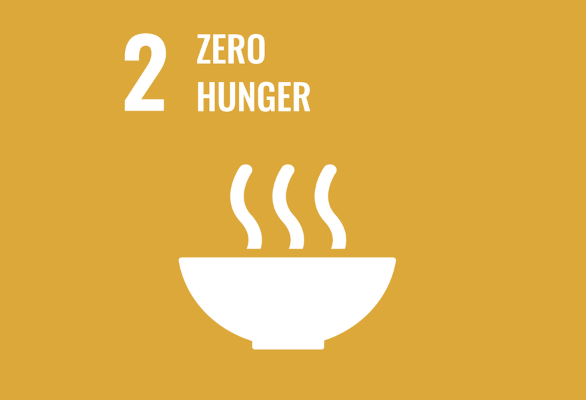
Zero Hunger
According to The State of Food Security and Nutrition in the World (SOFI) 2023 report, around 9.2% of the world population faced hunger in 2022, 122 million more people than before the global pandemic. The egg industry recognises its role in helping to prevent hunger around the world.
Eggs are a sustainable, affordable source of the highest quality protein. They contain the majority of vitamins, minerals and antioxidants required by the body and have been proven to be associated with better growth, cognitive performance and motor development among children, particularly in low-income countries.
Through its charitable work, the International Egg Foundation (IEF) is tackling food poverty experienced in low- and middle-income countries, such as Eswatini and Uganda, through an ever-broadening range of community-based programmes.
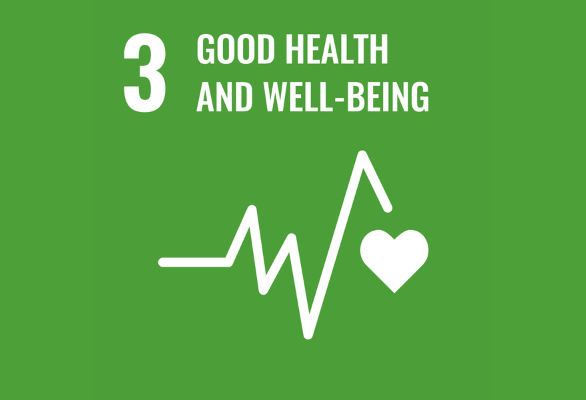
Good Health and Well-being
Eggs are recognised as a high-quality protein and contain 13 vitamins and minerals. The bioavailability and density of their nutrients means eggs have the capacity to directly improve human health outcomes around the world.
Furthermore, eggs are a good source of commonly deficient micronutrients, such as vitamins D and B12, and one of the best sources of the lesser-known yet vital nutrient, choline. The egg industry is committed to increasing awareness of the positive benefits of egg products, in relation to good health and wellbeing.
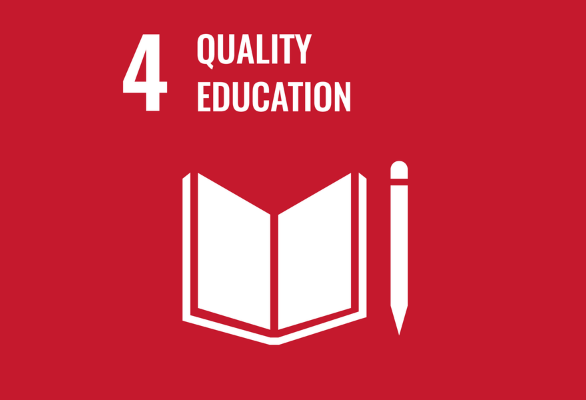
Quality Education
Egg consumption supports brain development and concentration, particularly in young children. The egg industry is dedicated to educating the world about the value eggs provide, in terms of nutrition, environment and livelihoods.
Additionally the IEF is responsible in its role as educational trustee for initiatives in Mozambique, Zimbabwe, Zambia and South Africa, providing education and resources that enable individuals to support their communities by becoming successful egg producers.
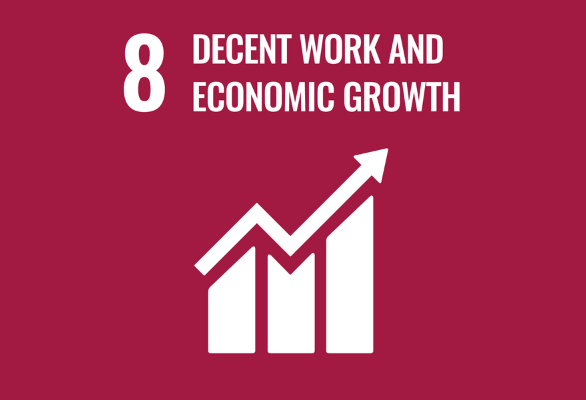
Decent Work and Economic Growth
The egg industry is a significant source of income for rural populations around the world. There are over two million egg farmers globally, most of whom work on small family farms that provide a regular source of food and income.
In low and middle-income countries, women represent a large proportion of egg farmers and they rely on their farms to provide food for their families and income to send their children to school.
To demonstrate the industry’s commitment to supporting decent work, the World Egg Organisation (WEO) adopted the Consumer Goods Forum’s (CGF) resolution on forced labour in April 2018. This commitment made the egg industry the first global commodity group to take these steps to promote human rights and decent working conditions.
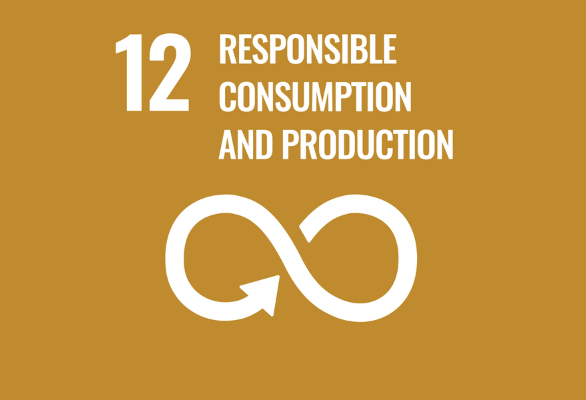
Responsible Consumption and Production
The egg industry is committed to producing nutritious foods in environmentally sound and responsible ways. While eggs are officially recognised as a low impact protein source, egg businesses are always looking for new ways to make production more environmentally sustainable.
Examples of this can be seen around the world, from Australia, where 10 of the country’s 12 largest egg producers have already implemented some form of solar energy on their farms, to Canada, where the first net zero barn is in operation. The egg industry is also actively working towards more sustainable soy sourcing to help prevent deforestation in South America.
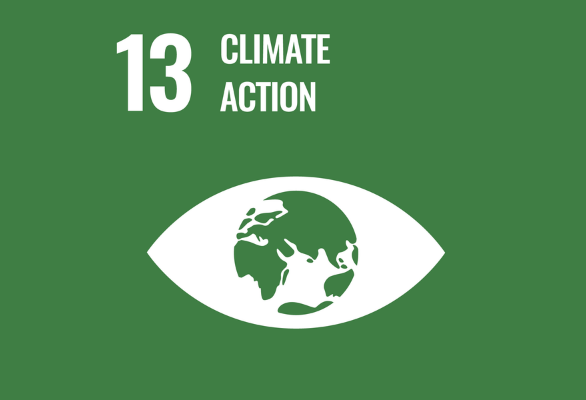
Climate Action
Egg businesses continually strive to reduce the resources they use whilst ensuring the same level of output. Thanks to new efficiencies and significant productivity gains, eggs have a low environmental footprint. In 2010, the environmental footprint of a kilogram of eggs produced in the US had reduced by 65% compared to 1960, with greenhouse gas emissions reducing by 71%.
Additionally, a study in 2023 showed that eggs should be eaten as part of a balanced diet to support adequate micronutrients whilst balancing a reduction in environmental impact.
To champion the continuous development and improvement of environmentally sustainable practices throughout the egg value chain, the WEO has brought together a Sustainable Egg Production Expert Group. This enables best practice and the latest thinking to be shared throughout the egg industry globally.
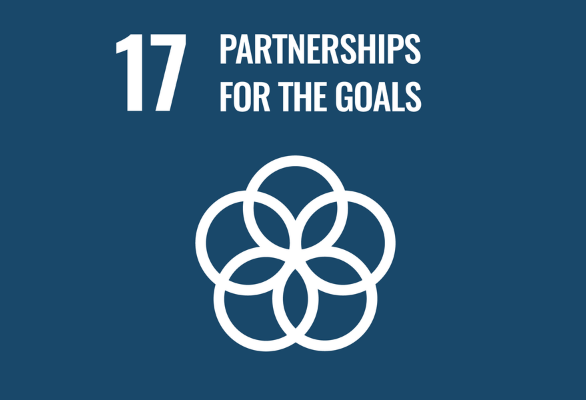
Partnerships for the Goals
As global representative of the egg industry, the WEO plays an important role in bringing together countries and organisations to achieve these SDGs. To this end, the organisation continues to develop constructive relationships with the World Organisation for Animal Health (WOAH), the Consumer Goods Forum (CGF) and major egg associations worldwide, as well as sustaining communication with the World Health Organization (WHO), the United Nations (UN) and the UN Food and Agriculture Organization (FAO) to address a range of sustainability issues.
Sustainable Egg Production Expert Group
The WEO has brought together experts with an interest in sustainable agricultural food production to support the egg industry to continue to lead the way in sustainable protein production globally.
Meet the Expert Group